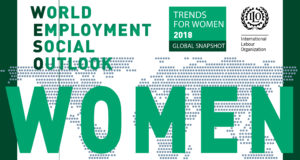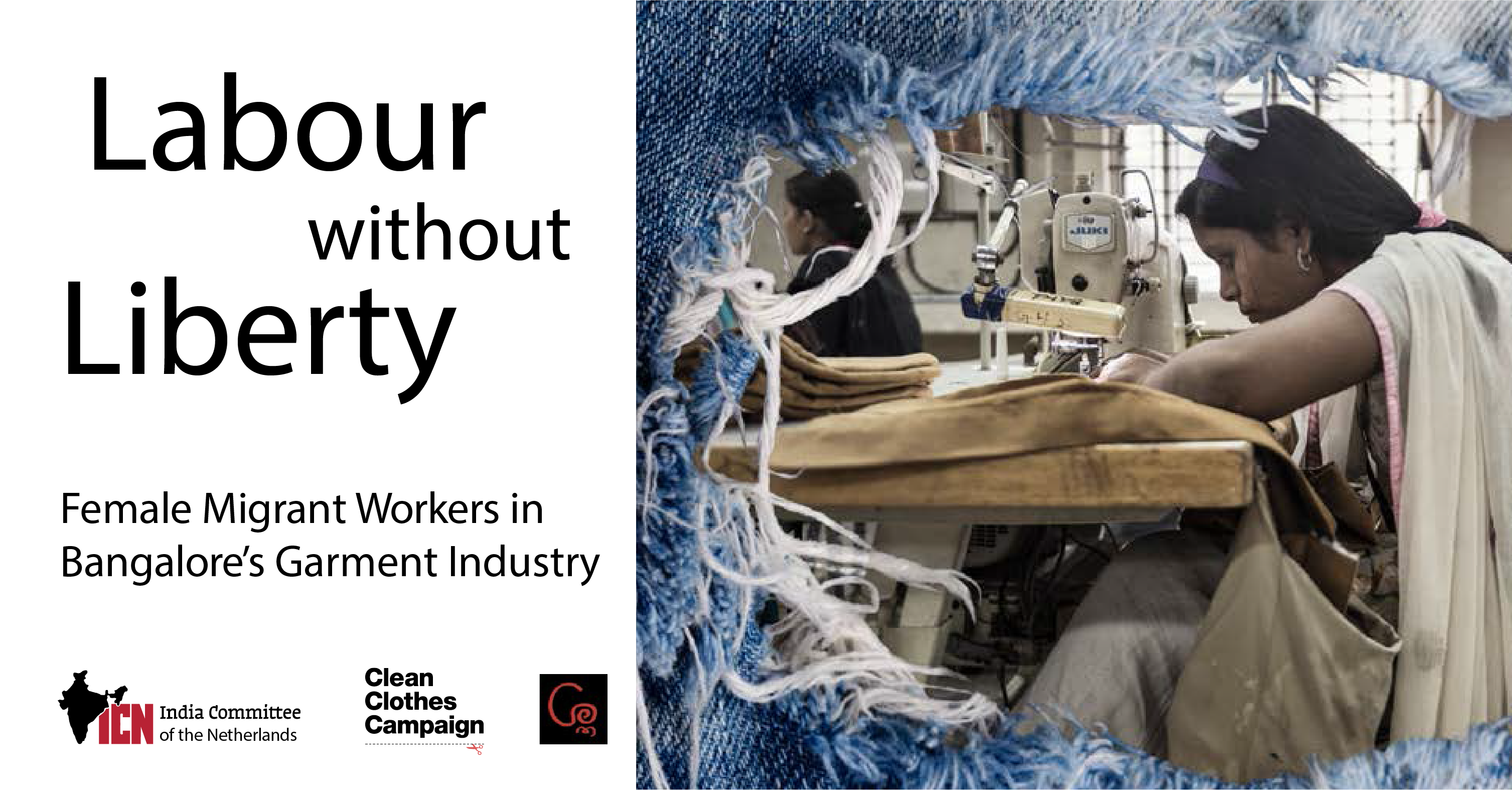Authors
G. Gereffi
Duke University – Department of Sociology
Director, Center on Globalization, Governance & Competitiveness
Stacey Frederick
Duke University – Center on Globalization, Governance, & Competitiveness
North Carolina State University – College of Textiles
April 1, 2010
World Bank Policy Research Working Paper No. 5281
Abstract
This paper examines the impact of two crises on the global apparel value chain: the World Trade Organization phase-out of the quota system for textiles and apparel in 2005, which provided access for many poor and small export-oriented economies to the markets of industrialized countries, and the current economic recession that has lowered demand for apparel exports and led to massive unemployment across the industrys supply chain. An overarching trend has been the process of global consolidation, whereby leading apparel suppliers (countries and firms alike) have strengthened their positions in the industry. On the country side, China has been the big winner, although Bangladesh, India, and Vietnam have also continued to expand their roles in the industry. On the firm side, the quota phase-out and economic recession have accelerated the ongoing shift to more streamlined global supply chains, in which lead firms desire to work with fewer, larger, and more capable suppliers that are strategically located around the world. The paper concludes with recommendations for how developing countries as well as textile and apparel suppliers can adjust to the crisis.
Download
 CPD RMG Study Stitching a better future for Bangladesh
CPD RMG Study Stitching a better future for Bangladesh



